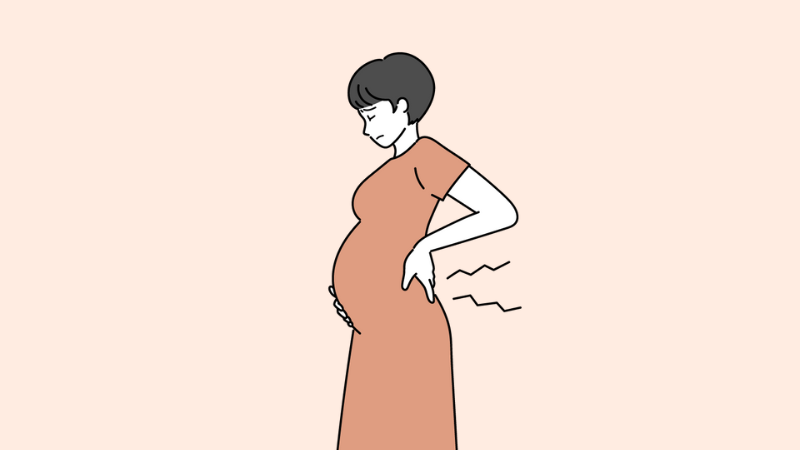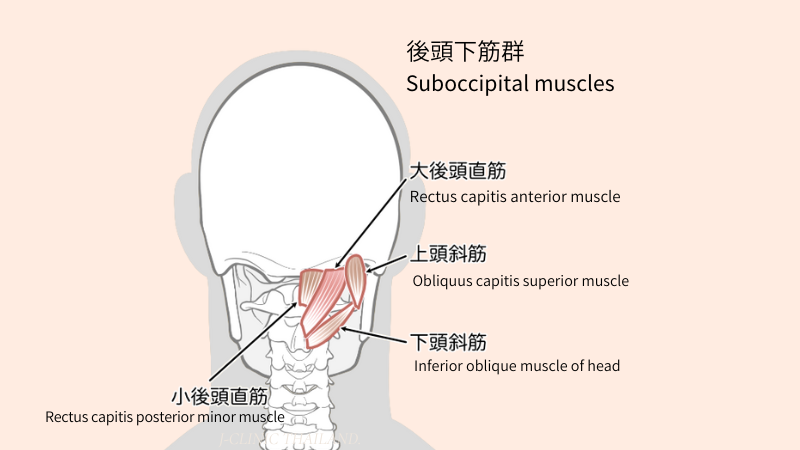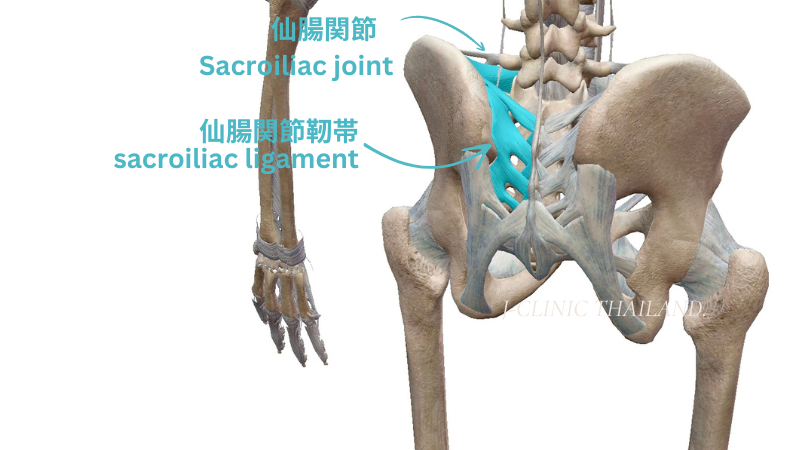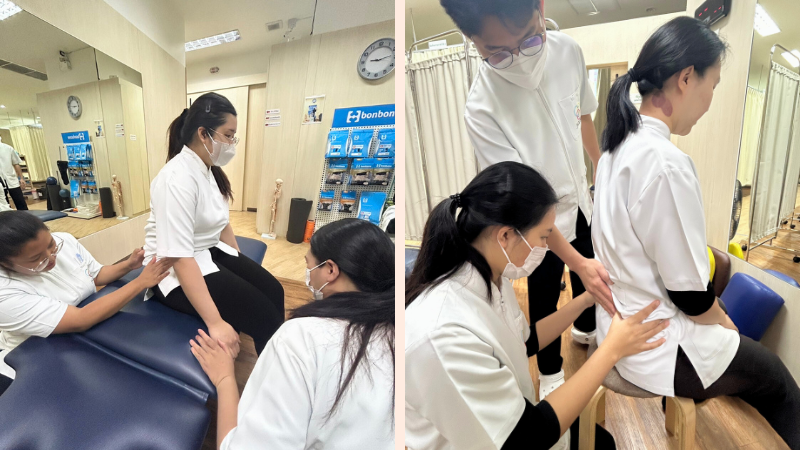Body Aches in Pregnancy
Your body and emotions undergo major changes during pregnancy.

You may develop lower back pain during pregnancy because hormones loosen your pelvis, your growing belly shifts your body’s center of gravity and may change your posture (arching the lower back is especially common), blood circulation slows, and you may feel more stressed.
Common aches and pains during pregnancy
- Back pain
- Lower back pain
- Pain or numbness from your buttocks down your leg
- Stiffness in your neck and shoulders
- Joint pain
- Leg cramps or muscle spasms
- Swelling in your legs caused by poor circulation
- Fatigue, stress, and trouble sleeping
Our Treatments for Pregnant Women
Our licensed physical therapists will examine you to identify the causes of your aches, then use gentle stretches and joint mobilization therapy to help you feel better.

Treating Shoulder/Neck Stiffness During Pregnancy
If your neck or shoulders are stiff, we work on relaxing the muscles at the base of your skull (called the suboccipital muscles) that connect to your neck.

The suboccipital muscles are also linked to your eye movements. If you are less active in early pregnancy or spend long hours looking at your phone or tablet, these muscles can become tense.
By loosening these muscles, we can not only ease neck and shoulder stiffness but also relieve you from headaches, dizziness, eye strain, chronic fatigue, and symptoms caused by imbalances in your autonomic nervous system (the system that controls automatic body functions like heart rate) .
Treating Lower Back Pain During Pregnancy
A common type of lower back pain during pregnancy comes from sacroiliac joint dysfunction (a problem where the joint between the spine and pelvis doesn’t move as it should) .
You may feel pain not only in your lower back but also around your buttocks, pelvis, and from the base of your leg to the outer side of your thigh.

If you have sacroiliac joint dysfunction, we use gentle exercise therapy (movement-based treatment) that is safe for pregnancy.

Precautions for Receiving Treatment
- You can receive treatment after your 13th week of pregnancy.
- If you have pregnancy-induced high blood pressure, bleeding, or risk of premature labor, you cannot receive treatment.
- If you’re unsure whether it’s safe to receive treatment, please check with your obstetrician-gynecologist first.
If you’re pregnant and suffering from lower back pain, back pain, or neck and shoulder stiffness, contact us anytime through LINE, phone, our contact form, or Facebook.
